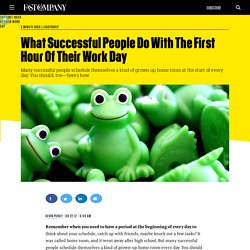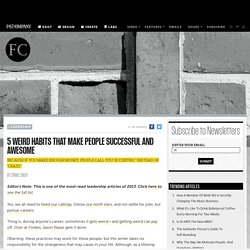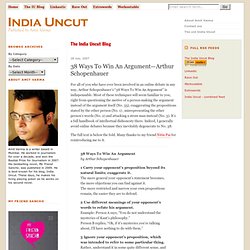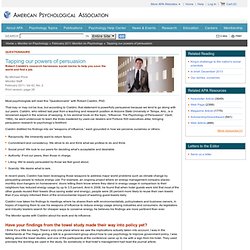

Stress/anxiety. What Successful People Do With The First Hour Of Their Work Day. Remember when you used to have a period at the beginning of every day to think about your schedule, catch up with friends, maybe knock out a few tasks?

It was called home room, and it went away after high school. But many successful people schedule themselves a kind of grown-up home room every day. You should too. The first hour of the workday goes a bit differently for Craig Newmark of Craigslist, David Karp of Tumblr, motivational speaker Tony Robbins, career writer (and Fast Company blogger) Brian Tracy, and others, and they’ll tell you it makes a big difference. Here are the first items on their daily to-do list. Don’t Check Your Email for the First Hour. Tumblr founder David Karp will "try hard" not to check his email until 9:30 or 10 a.m., according to an Inc. profile of him. If you need to make sure the most important messages from select people come through instantly, AwayFind can monitor your inbox and get your attention when something notable arrives.
Choose Your Frog. 5 Weird Habits That Make People Successful And Awesome. Editor's Note: This is one of the most-read leadership articles of 2013.

Click here to see the full list. Yes, we all need to heed our callings, follow our north stars, and not settle for jobs, but pursue careers. Thing is, during anyone's career, sometimes it gets weird—and getting weird can pay off. Over at Forbes, Jason Nazar gets it done. (Warning: these practices may work for these people, but this writer takes no responsibility for the strangeness that may cause in your life.
Argue: to steel your team's beliefs. Confront: You need to be ready to call someone out. Be ruthless: It's healthy to have high standards. Seek out rejection: Some people go their entire lives having never thrown or taken a punch (like me). Isolate yourself: Yes, we know that you're incredibly popular and hip and you never eat alone and you can work any room. What's the one thing you do that makes you highly functional and highly you? 17 Counterintuitive Things the Most Successful People Do. 38 Ways To Win An Argument—Arthur Schopenhauer - The India Uncut Blog - India Uncut.
For all of you who have ever been involved in an online debate in any way, Arthur Schopenhauer’s “38 Ways To Win An Argument” is indispensable.

Most of these techniques will seem familiar to you, right from questioning the motive of a person making the argument instead of the argument itself (No. 35), exaggerating the propositions stated by the other person (No. 1) , misrepresenting the other person’s words (No. 2) and attacking a straw man instead (No. 3). It’s a full handbook of intellectual dishonesty there. Indeed, I generally avoid online debates because they inevitably degenerate to No. 38. The full text is below the fold.
Tapping our powers of persuasion. Most psychologists will read this “Questionnaire” with Robert Cialdini, PhD.

That may or may not be true, but according to Cialdini, that statement is powerfully persuasive because we tend to go along with our peers. Cialdini, who retired last year from a teaching and research position at Arizona State University in Tempe, Ariz., is a renowned expert in the science of swaying. In his seminal book on the topic, “Influence: The Psychology of Persuasion” (Quill, 1984), he went undercover to learn the tricks mastered by used-car dealers and Fortune 500 executives alike, bringing persuasion research to psychology’s forefront.
Cialdini distilled his findings into six “weapons of influence,” each grounded in how we perceive ourselves or others: Reciprocity: We inherently want to return favors. In recent years, Cialdini has been leveraging those weapons to address major world problems such as climate change by persuading people to reduce energy use. I think it’s a little too early.